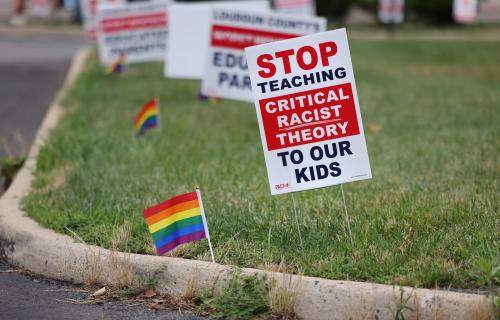Abstract
Even in early grades, a large gap in skills exists between students from economically advantaged and disadvantaged families. Evidence suggests that a substantial share of this skills gap emerges during the summer months, when school is not in session. Children from disadvantaged families experience greater losses in skills during summer vacations than do their more advantaged counterparts. Several studies provide evidence that summer school or summer enrichment programs are effective interventions for stanching this summer learning loss. Based on this evidence, we propose and design a policy of Summer Opportunity Scholarships (SOS), which will provide scholarships so that economically disadvantaged children in kindergarten through fifth grade can participate in a six-week summer school or summer enrichment program of their parents’ choosing. SOS summer program providers will be required to use small-group, scientifically based instruction with a strong emphasis on improving basic reading and math skills, which are a particular area of concern for many disadvantaged children. Students and providers participating in SOS will be evaluated annually to assess the program’s effectiveness. We provide budgetary estimates for a nationwide SOS program. In our budget, financial responsibility for SOS would be shared equally by the federal and state governments, with each responsible for $2 billion per year once SOS is fully phased in. In view of the promising evidence on the effectiveness of summer school, we believe that SOS has the potential to make a lasting contribution toward narrowing the skills gap between advantaged and disadvantaged students.



